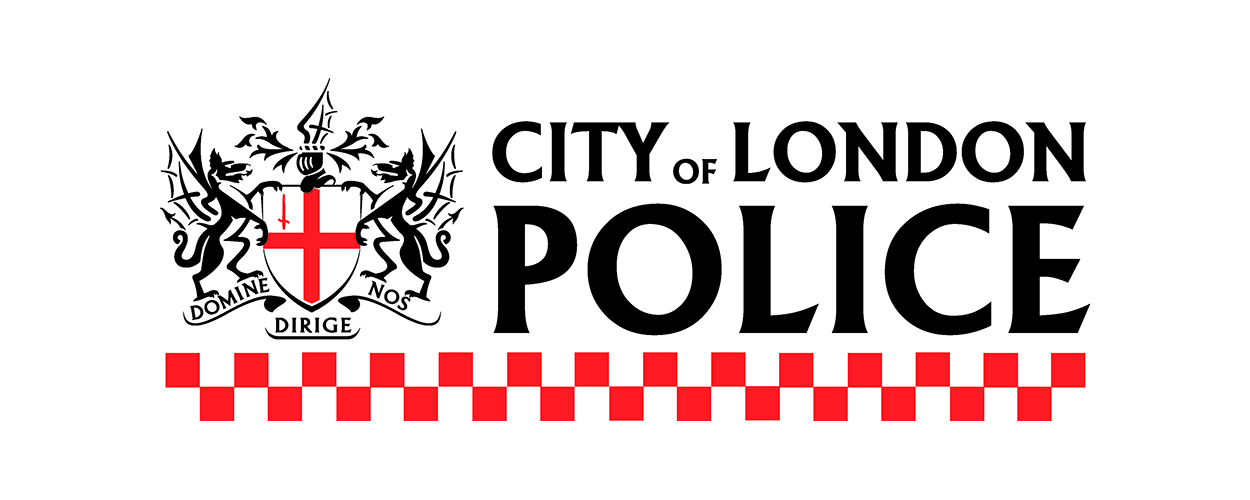This website uses cookies so that we can provide you with the best user experience possible. Cookie information is stored in your browser and performs functions such as recognising you when you return to our website and helping our team to understand which sections of the website you find most interesting and useful.
Business News Digital Labels & Publishers Legal
City Of London Police says stream-ripping operations could be liable for criminal copyright infringement
By Chris Cooke | Published on Tuesday 22 December 2020

The City Of London’s Intellectual Property Crime Unit, otherwise known as PIPCU, has sent a cease-and-desist letter to a popular stream-ripping site, telling its operators that they risk being prosecuted for criminal copyright infringement.
Stream-ripping – services that turn temporary streams into permanent downloads – remains a top piracy gripe for the music industry, of course. Earlier this year collecting society PRS said that use of stream-ripping platforms in the UK increased by 1390% between 2016 and 2019, adding that it would employ “all possible measures to prevent stream-ripping services from existing”.
There have been various civil proceedings launched by copyright owners against stream-ripping sites in various countries. The operators of such sites usually argue that they are not actually liable for copyright infringement. That is generally based on the classic arguments previously used by file-sharing technology makers, ie that they don’t actually host any copyright-infringing content and that their services have both legitimate and illegitimate uses.
Those arguments have rarely succeeded, resulting in various stream-ripping operations going offline or being subject to web-block injunctions. However, some legal disputes over the copyright liabilities of stream-ripping services continue.
In the US, Russia-based FLVTO.biz and 2conv.com are still fighting litigation from the record industry, albeit mainly on jurisdiction grounds rather than copyright law arguments. Meanwhile, Yout.com has actually sued the Recording Industry Association Of America, arguing that the record label trade body misrepresented its service when seeking to have it removed from the Google search engine on the basis it breached US copyright law.
But, even if, in the main, courts have agreed that stream-ripping websites are liable for direct or contributory copyright infringement, could the operators of those sites be liable for criminal copyright infringement, resulting in fines or even jail sentences?
It the cease-and-desist letter sent to one unnamed stream-ripping site by PIPCU, which has been published by Torrentfreak, the IP crime unit claims that there could be a case for prosecution, either for copyright infringement or maybe even fraud.
The letter states: “We have reasonable grounds to believe that through your ownership and/or operation of the website known as [REDACTED], you are involved in online copyright infringement either directly or indirectly and may be liable to prosecution under UK law for the following offences: conspiracy to defraud [or] offences under the Fraud Act 2006, Copyright, Design & Patents Act 1988 [or] Serious Crime Act 2007. Should a conviction be brought for the above offences, UK courts may impose sentences of imprisonment and/or fines”.
After citing European and UK copyright law to back up its claims, PIPCU also specifically notes the advertising carried by the offending website. Showing that the distribution of unlicensed content is being undertaken or facilitated on a commercial basis for profit is generally key in order to ramp up copyright infringement to a criminal level.
The letter goes on: “By reference to the advertising on [REDACTED], the copyrighted content is being made available in the course of a business model funded by revenue generated through the placing of advertisements on the site. PIPCU monitors ad traffic using a third party vendors to evidence the revenue generated by websites through advertisements”.
“PIPCU has the lawful right to pursue action against you and against the website [REDACTED] in order to prevent, detect and disrupt criminal activity”, the letter adds, before urging the operators of the site to get in touch with its officers.
It’s not clear what site the letter was sent to, and whether such letters have been sent to multiple stream-ripping operations. Either way, it remains to be seen if any of those sent the letters comply and shutdown their operations, or instead hit back against the claims they infringe copyright, at all or certainly in a way that makes them liable for criminal prosecution.





